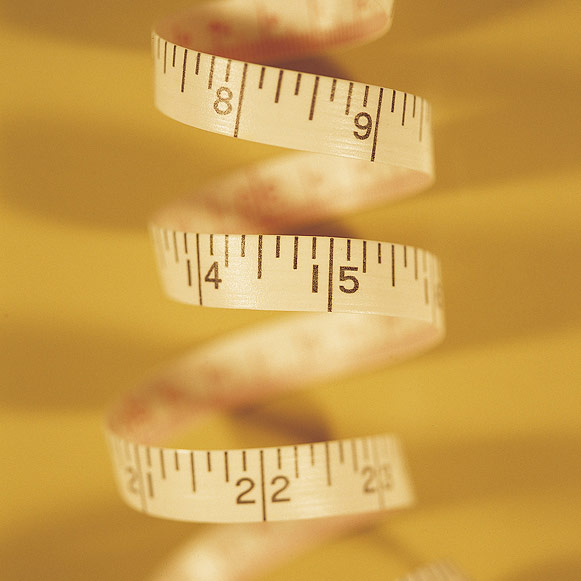
THURSDAY, Sept. 12 (HealthDay News) — Scientists have identified a network of genes that influences whether you are right-handed or left-handed.
The researchers did so by looking at developing embryos.
“The genes are involved in the biological process through which an early embryo moves on from being a round ball of cells and becomes a growing organism with an established left and right side,” study first author William Brandler, a doctoral student in the functional genomics unit at Oxford University in England, said in a university news release.
This gene network also may help establish left-right differences in the brain, which in turn influence whether a person is left- or right-handed, according to the study, published Sept. 12 in the journal PLoS Genetics.
These findings, however, don’t completely explain right- and left-handed differences in people, the researchers said.
“As with all aspects of human behavior, nature and nurture go hand-in-hand,” Brandler said. “The development of handedness derives from a mixture of genes, environment and cultural pressure to conform to right-handedness.”
About 90 percent of people are right-handed. Humans are the only species with such a strong bias in handedness.
More information
The Nemours Foundation has more about being left-handed.
Copyright © 2025 HealthDay. All rights reserved.

